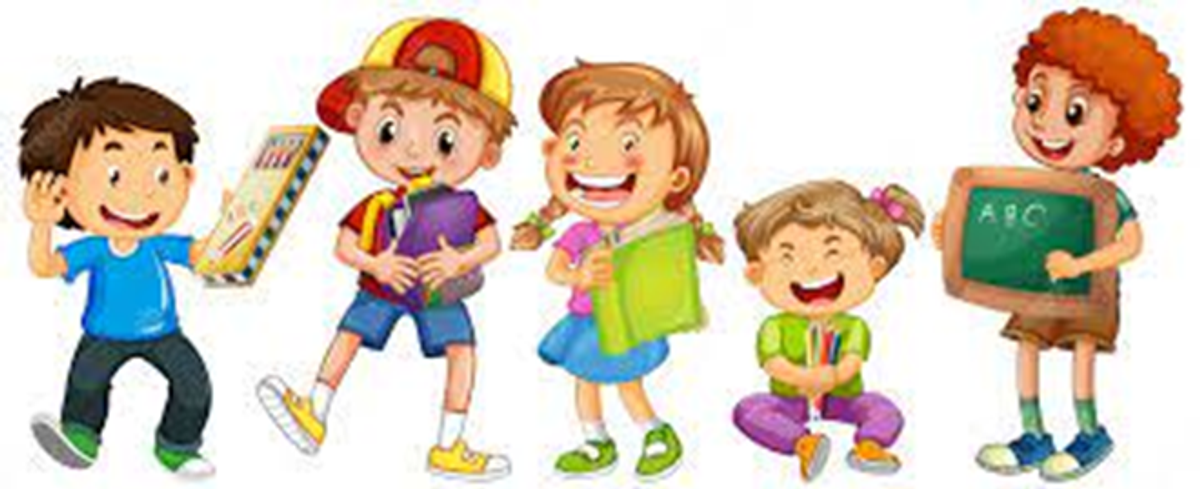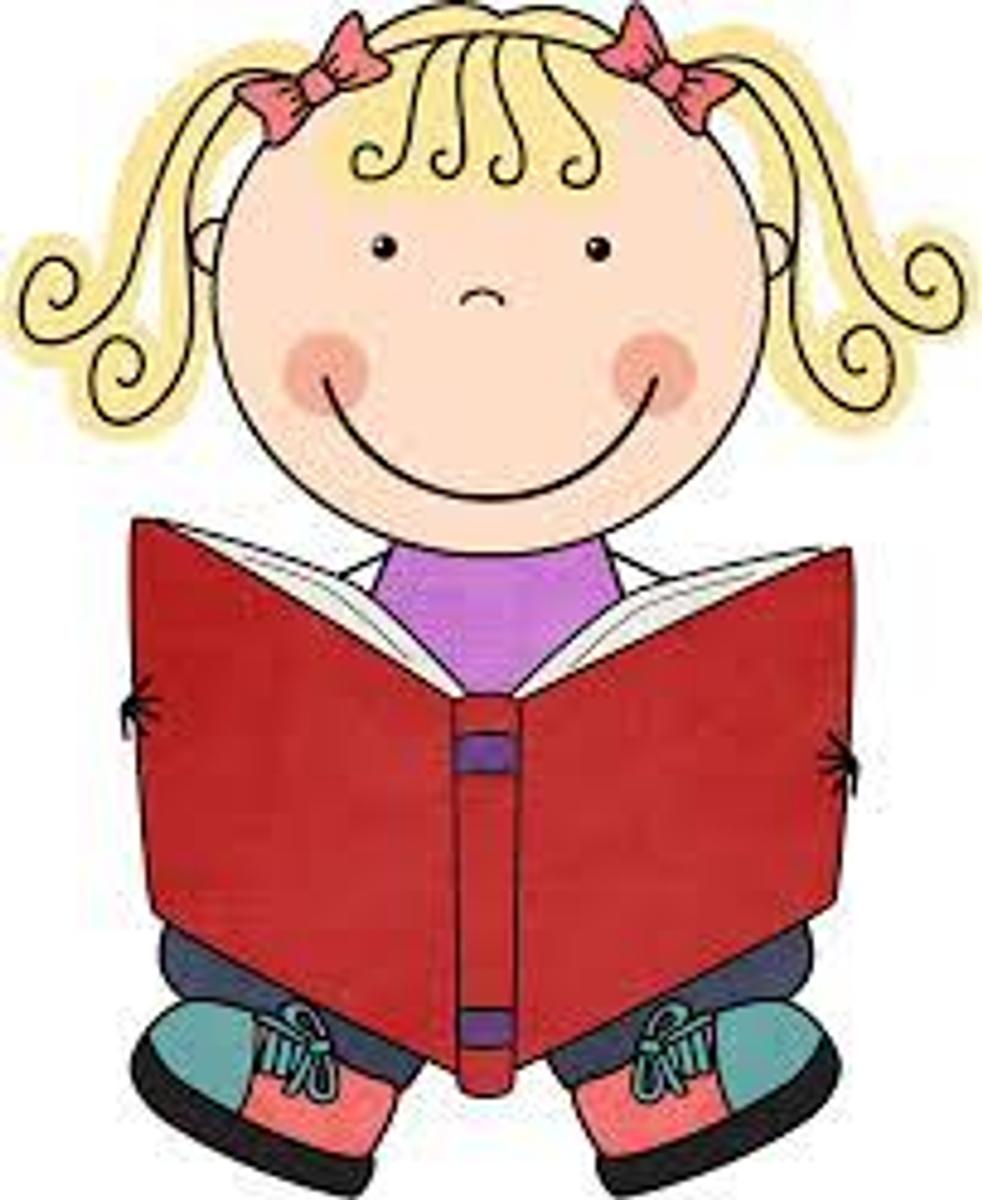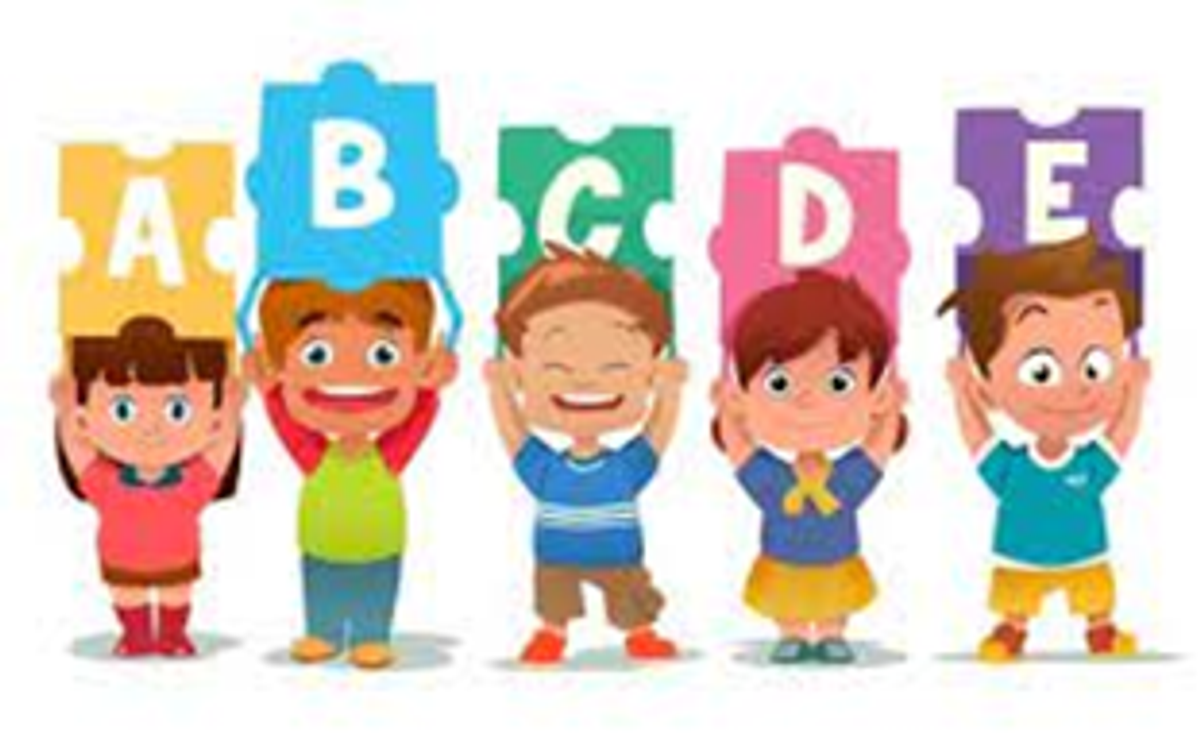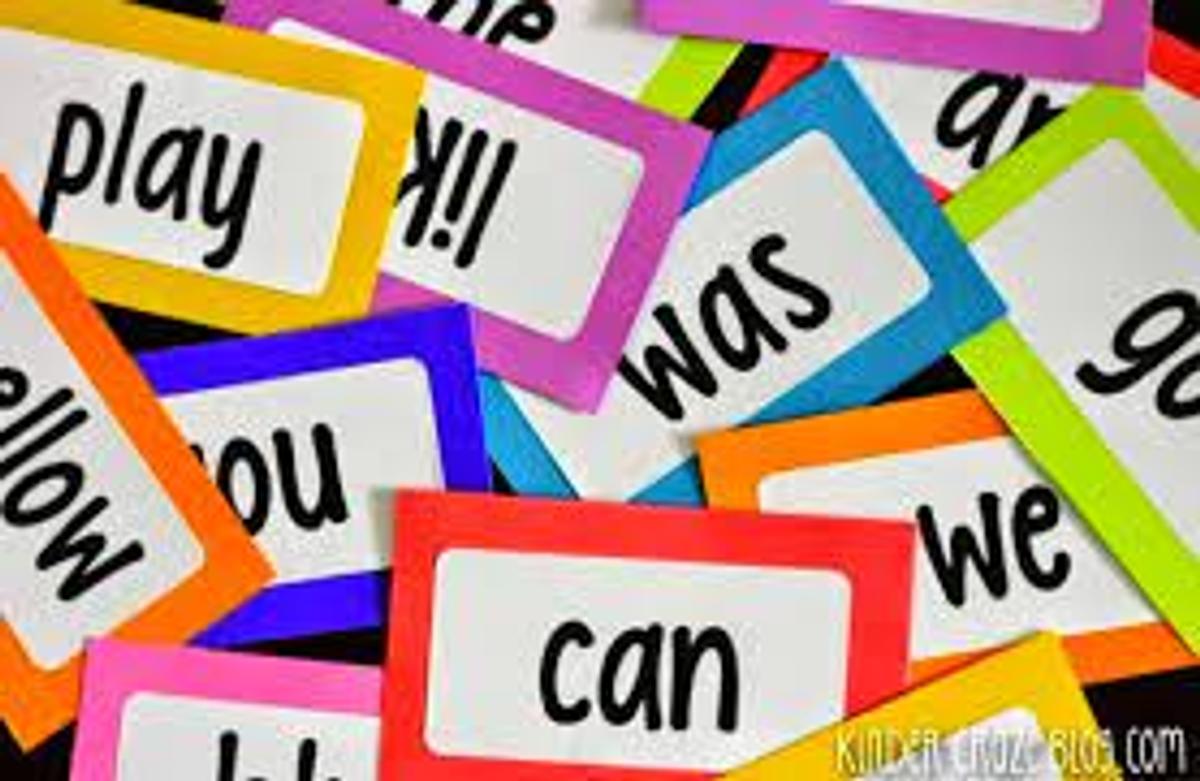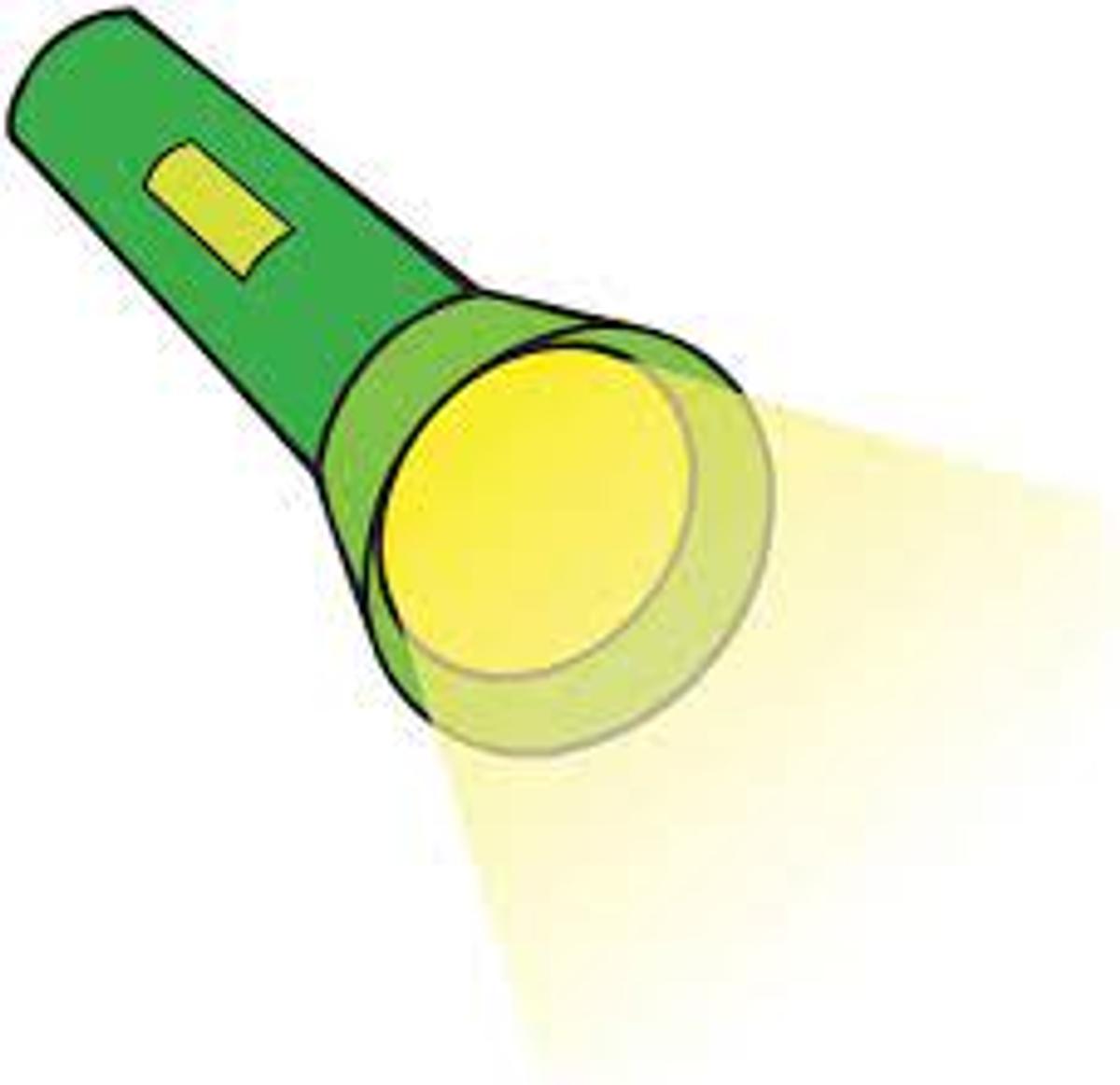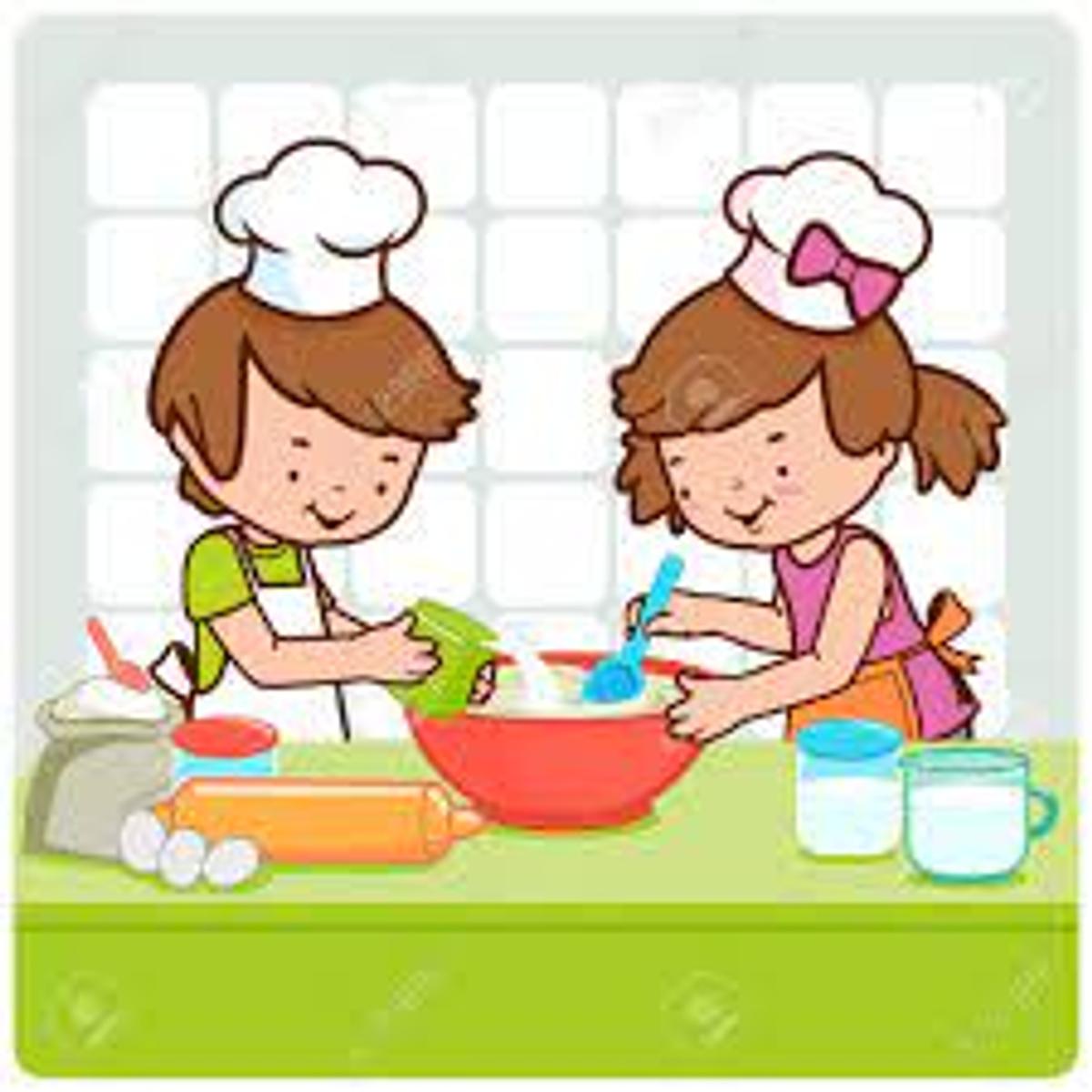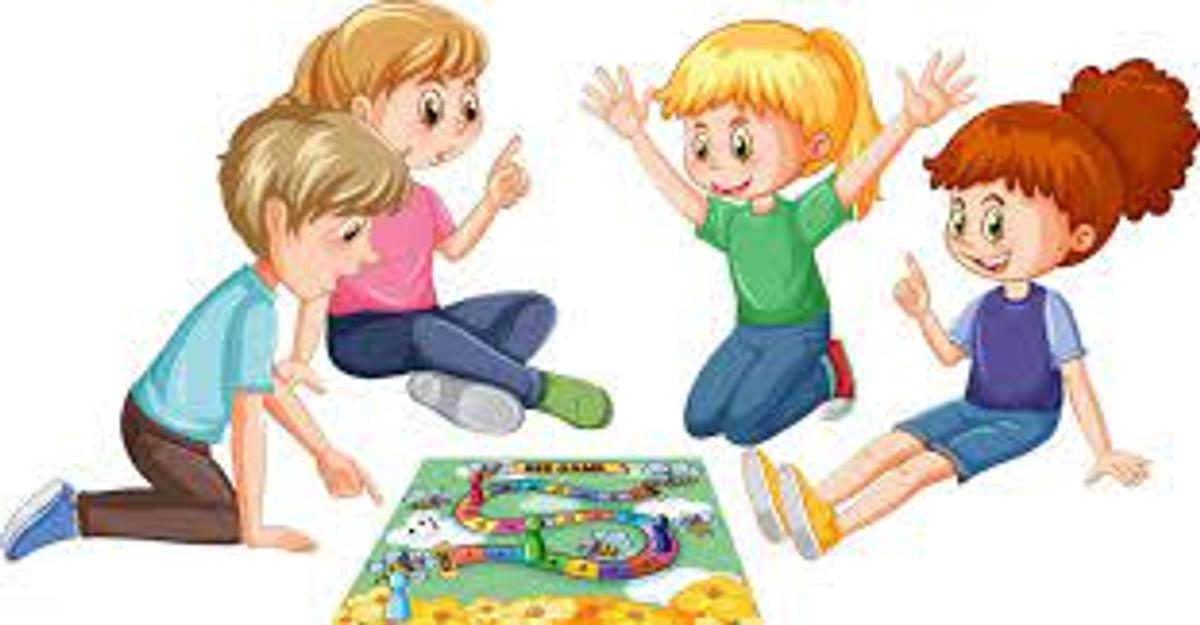This term I have been working with a number of small groups of students from the Junior school on their reading. When children are learning to read we not only focus on how to decode words but also their understanding or comprehension of what they are reading. Asking your child some questions before, during and after they have read helps them become a better reader.
We know that it can be difficult to think of questions on the spot, so here are a few prompts you might like to use at home to foster your child’s reading comprehension. These questions can be used after they have read their take home book or even after you have read a book together.
For a fiction text:
- What do you think this story will be about?
- Who is the main character?
- What is the setting in the story? Does the setting change?
- What was the problem in the story and how was it solved?
- Can you describe the main character?
- How are you like one of the characters in the story? How are you different?
- What do you think will happen next in the story? How do you know?
- Can you think of a different title for the story?
- Why do you think the author chose this title for the story?
- What part of the story was the most exciting? Why?
- Did you like the end of the story? Why?
- How did the story start? How did it end? What happened in the middle?
- Can you retell the story in order of events?
- What do you think the characters are feeling or thinking?
- Does the story to character remind you of anyone?
- Does this book remind you of any other books you have read?
For a non-fiction text:
- What was the main idea or the most important part of the text?
- What did you learn from reading the text?
- Are there any words that you do not know what they mean?
- What are some new words that you discovered?
- Were there any important features (charts, diagrams, pictures) that were important?
- Where could you find more information about this topic?
- Did you like this text? Why or why not?
We know that children learn best when they’re having fun and engaged in what they are doing. In the Junior School we try and include as many games and real-life experiences as we can to help develop and consolidate the student’s literacy and numeracy skills.
Here are just a few games or activity ideas you might like to do at home with your child. Remember, learning can happen anywhere, and these activities will hopefully help to make it a fun-filled experience!
Alphabet Scavenger Hunt
Materials Needed: Paper and pencil
- Encourage your child to find objects around the house that start with each letter of the alphabet. For example, they could find an apple for 'A', a book for 'B', and so on. As they discover items, have them try write down the corresponding letter and object. This activity builds letter recognition, vocabulary, and observation skills
- Write down a list of words on separate pieces of paper
Word Scavenger Hunt
Materials Needed: Paper, Pen and a timer (optional)
- Hide the words in different areas of your home.
- Give your child a pen and the list of words.
- Set a timer (optional) and challenge them to find and match the words.
- Encourage them to read the words aloud as they find them
Spotlight Activity
Materials Needed: Paper or card, pencil, blu-tack, torch
- Write out words on individual pieces of paper, card or post it notes
- Blu-tack or tape to a wall
- Turn out lights or shut curtains to darken the room
- Ask child to shine the torch on a word and say what that word is
Storytelling with Props
Materials Needed: A small collection of small objects or toys
- Gather a variety of small objects or toys
- Encourage your child to select a few props
- Take turns creating a story using the chosen props OR have them retell a story they have just read using the props
- Encourage them to use descriptive language
- This activity boosts imagination, vocabulary, and storytelling skills
Math in the Kitchen
Materials Needed: Measuring cups, spoons and ingredients
- Choose a simple recipe to prepare together
- Ask your child to measure the ingredients using measuring cups and spoons
- Involve them in counting and fractions while following the recipe
- You could discuss concepts like doubling or halving the recipe
Family Games
Remember, playing good old family games such as Snakes and Ladders, Uno, Connect Four, Guess Who and Monopoly can all encourage and promote things such as, the counting of steps, number recognition, turn taking, following instructions and how to play fairly with others.

